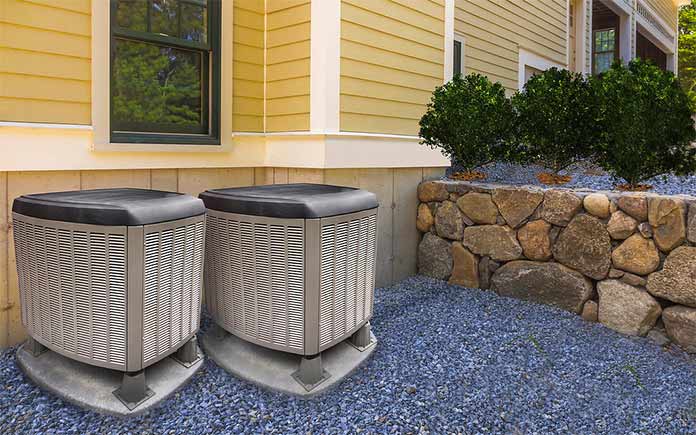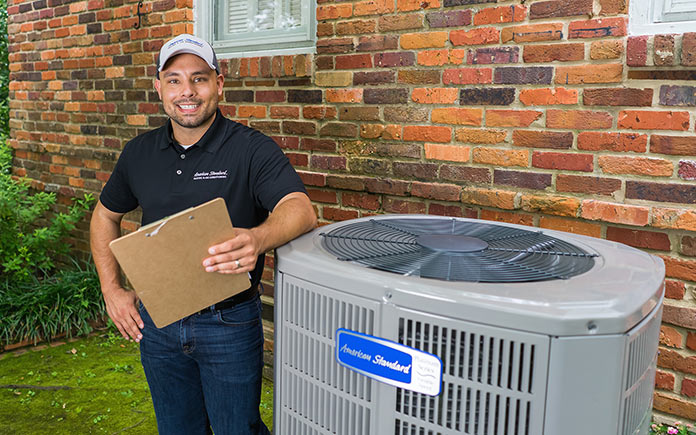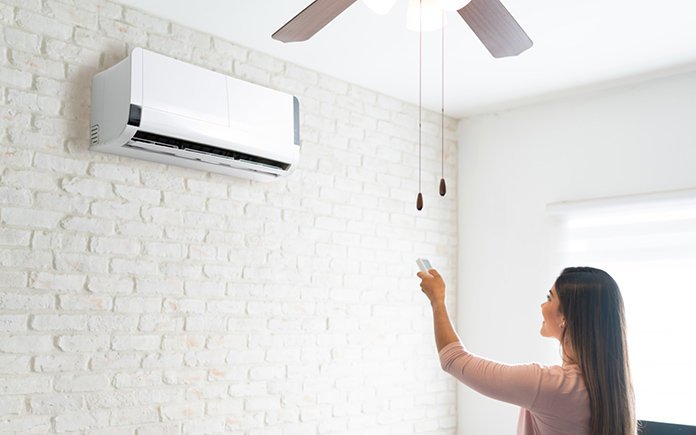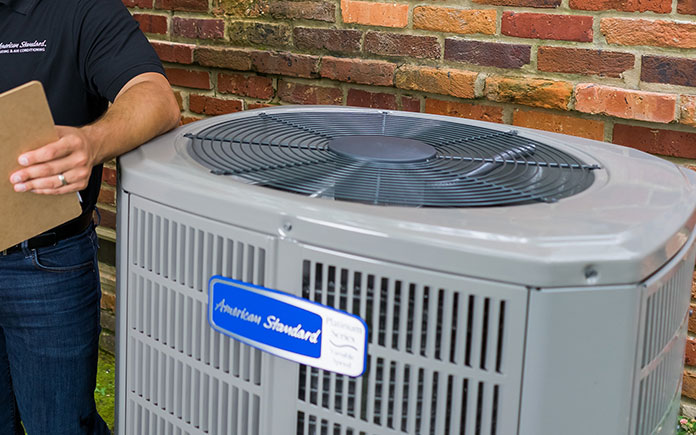
Staying cool is on the top of most people’s minds during the hot summer months. But what if your air conditioner isn’t working properly, or you don’t have one at all?
Whether your existing AC is in need of upkeep or you’re in the market for a new one, read on for tips to stay cool.



Maintain AC Units for Maximum Performance
First, let’s talk about maintenance. While many homeowners have an air conditioner, they don’t necessarily know the ins and outs of performing regular maintenance on it.
Why is regular AC maintenance important? By maintaining the system, you will extend the life of the unit, and your home will remain at a comfortable temperature without an uncomfortably high energy bill.
How to Maintain Window, Portable, and Wall AC Units
If you have window units, the most important maintenance step is to change the air filter regularly.
Most window units have a simple filter in the front grill area. Clean it once a month during cooling season and replace it if it has any holes or appears worn.
Also, clean the air conditioner properly by vacuuming around it to remove any dust and dirt that can clog up the unit and cause it to malfunction.
During the off-season, if possible, take the unit out of the window and store it in a dry location. If you must keep the unit in the window, cover the part that is exposed to the outside.
How to Maintain Central AC Units
For central air conditioning units, the best way to keep yours working properly is to have it serviced bi-annually by a trained HVAC professional. They will take care of the many items related to maintaining the unit and be able to perform any necessary repairs or “tune-ups”.
Beyond that, keep the unit outside free from leaves and debris by raking around it and spraying off the unit with water. And make sure, above all, to change the air filter inside the house every few months or more.
For more information, read: 5 Easy Air Conditioner Maintenance Tips



Choosing a New Air Conditioner
If your air conditioner is more than 15 years old, it may be time to purchase a new system. Do a little homework to get the best AC for your needs and keep energy costs to a minimum.
There are various types of air conditioners to choose from including window, portable, through-the-wall, and central.
Here’s a quick rundown of each type.



Central Air Conditioners
When it comes to choosing a central air conditioner, there are many factors involved, such as the size of your home, its number of windows and the amount of insulation.
An air conditioning contractor can determine the correct system for your home. To choose one, check references, ask questions about warranties (limited vs. extended), and get several bids.
Once you’ve selected a contractor, they will determine the correct size and type of system for your home.
You might hear these terms when buying an air conditioner:
- Seasonal Energy-Efficiency Ratio: This rates how many British thermal units an air-conditioner will remove for each watt of electricity consumed. The higher the SEER, the less you will spend on operating costs. Federal law mandates a minimum SEER of 13 for all new air-conditioning units.
- AC Tonnage: A cooling ton in an air conditioner equals 12,000 BTUs per hour. That means a three-ton air conditioner can remove about 36,000 BTUs of heat per hour from your home.
- Annual Fuel Utilization Efficiency (AFUE): This estimates how much heat a unit delivers for every dollar spent on fuel. The higher the AFUE, the lower your heating bills.



